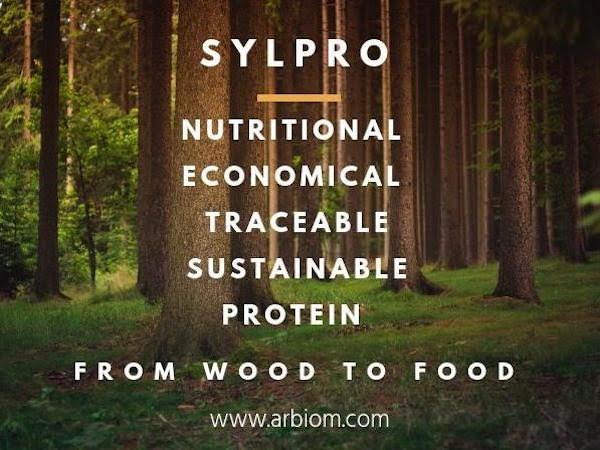Investors Place $10 Million Bet You’ll Eat Wood

North Carolina based ag-biotech company Arbiom, using a patented enzyme-based process and fermentation, is turning wood into edible ingredients for both animal and human consumption with a plan they say could eventually give soy, pea, and wheat proteins a run for their money. Their first commercialized product “SylPro” is a single-cell protein derived from yeast-fermented using wood-based material, created much like how mushrooms that grow on tree stumps break down wood. Arbiom just finished a proof-of-concept test showing it can replace more traditional soy, pea and wheat proteins and according to CEO Marc Chevrel, the study showed no impact on texture or taste of the products.
With a focus on delivering food products that meet nutritional requirements, reducing overall environmental footprints, as well as protecting animal welfare, those in the “alternative protein” space are definitely gaining more attention from Wall Sreet and perhaps leading a much bigger wave towards new food alternatives. Arbiom has already made inroads into the animal feeds category where it has shown to boost animal growth. Feed producers are giving this a serious look as Arbiom can tailor a suite of products to meet changing demands and tastes, giving companies the on/off they’re looking for as opposed to planting swaths of weather-sensitive crops.
From what I understand, SylPro comes from manufacturing scrap that would otherwise be discarded or trees that are already dead. I suspect this is one thing that’s going to help remove a barrier to adoption for the consumer – there will be no land clearing or perceived harmful environmental footprint. Instead, investors get a pat on the back for investing in companies that are trying to make a positive environmental and social difference.
It’s crazy to think about the “changes” taking place in our food supply. Every day it seems like something new is being introduced that will help save the planet or increase our longevity. Before it’s all said and done, a traditional farm will simply be something our great-grandkids go out and visit like a museum. The speed at which all of this consumer change is happening is very hard to swallow. It seems like just yesterday, the farmers grew what they wanted and the consumers got to pick from that. Not any longer… the consumers are now making all the rules! I worry that it could be a slippery slope. (Source: Biofuel Digest, Food Five, BizJournal)








